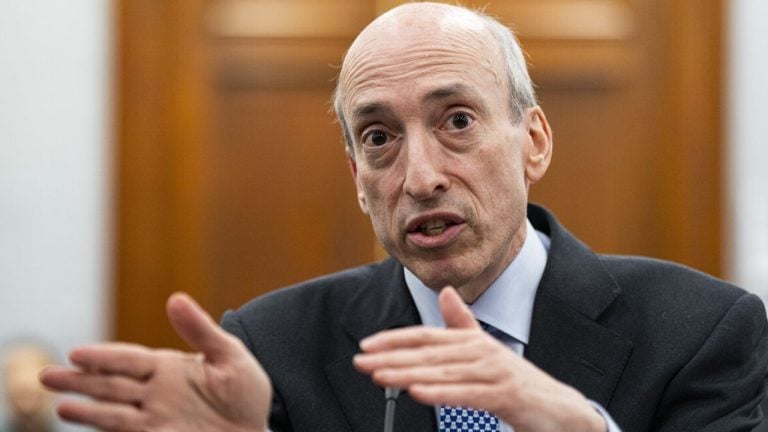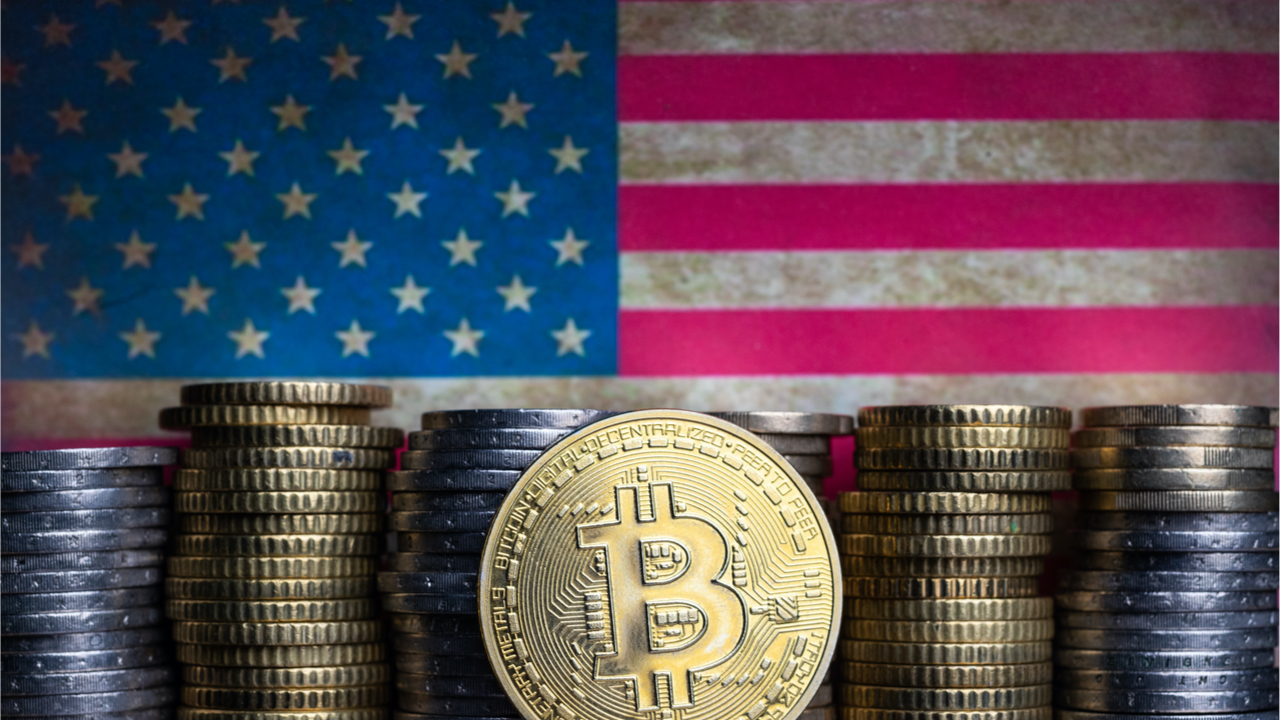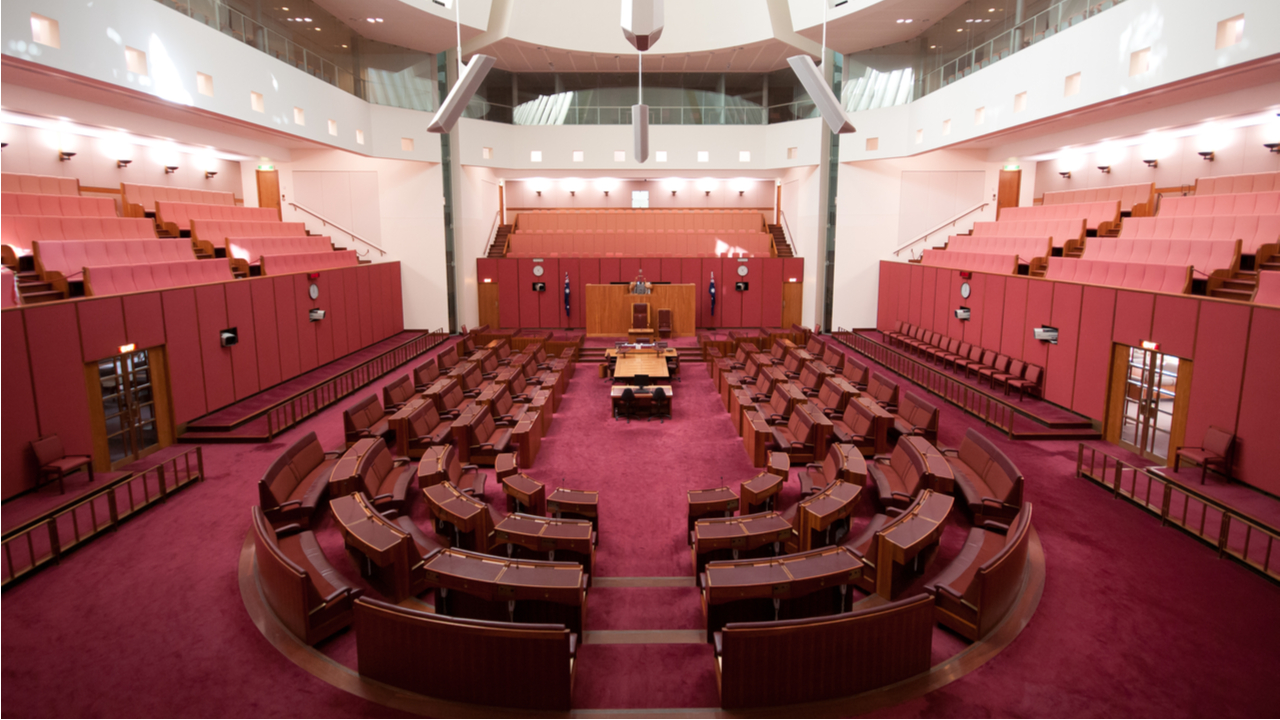
UAE, Dubai and Bahrain continue to attract major cryptocurrency exchanges and businesses due to their progressive regulatory approaches.
Major cryptocurrency exchanges and businesses are being lured to a proverbial crypto oasis around the Persian Gulf, according to Binance FZE’s general manager.
Alex Chehade, who heads Binance's local operation in Dubai, tells Cointelegraph reporter Ezra Reguerra that progressive regulatory frameworks in the region are a major drawcard for startups and established industry players:
“What stands out in the Middle East is regulatory certainty and clarity. We have a virtual-asset-specific regulator here in Dubai, VARA. We have ADGM with its virtual asset framework, we have Bahrain’s central bank being accepting of cryptocurrencies.”
Chehade believes that regulators in other jurisdictions have not quite figured out or taken the time to learn the ins and outs of the cryptocurrency landscape, or simply lack the “bandwidth” to begin regulatory the sector:
“So you’re seeing events like GITEX and Future Blockchain Summit as well as global companies coming here because it’s easy to do business.”
The Binance FZE general manager adds that businesses need certainty in order to create long-term plans and the regulatory parameters that exist in these specific jurisdictions are facilitating that process.

Chehade also highlighted Binance’s role as a catalyst of sorts for Web3 companies and startups to become established in the region.
“We’re an ecosystem enabler, we’re the biggest Web3 company in the world. You often see network effects with size and we’re seeing a healthy environment with big and small players.”
Chehade stated that Binance now employs around 600 people in its Dubai-based operation and will continue to play its part in fostering the industry. He adds that Binance FZE has been operating as a regulated exchange in Dubai for a year and a half and is segregated from the rest of its global operations with ring-fenced custody and operations.
Related: Dubai lures AI, Web3 enterprises with 90% subsidized commercial licenses
In a prior interview with Cointelegraph at the Blockchain Economy Dubai Summit, Akshay Chopra, Visa’s vice president, and head of innovation and design, echoed Chehade’s sentiments regarding the region's progressive regulatory outlook.
As a board member of the MENA Fintech Association, Chopra highlighted the “forward-looking and inclusive view of blockchain and crypto solutions” as a key driver of growth for the sector in the region:
“Regulators are actually looking forward and working with the local blockchain community, institutions, startups, entrepreneurs to come up with a very inclusive perspective on what is the future and how can we be best positioned both as a market and as a regulator.”
Research from blockchain analysis firm Chainalysis indicates that the MENA region is the fastest growing cryptocurrency market in the world. Transaction volume in the region reveals users received $566 billion in crypto between July 2021 and June 2022.
Additional reporting by Ezra Reguerra.
Magazine: Blockchain detectives: Mt. Gox collapse saw birth of Chainalysis











